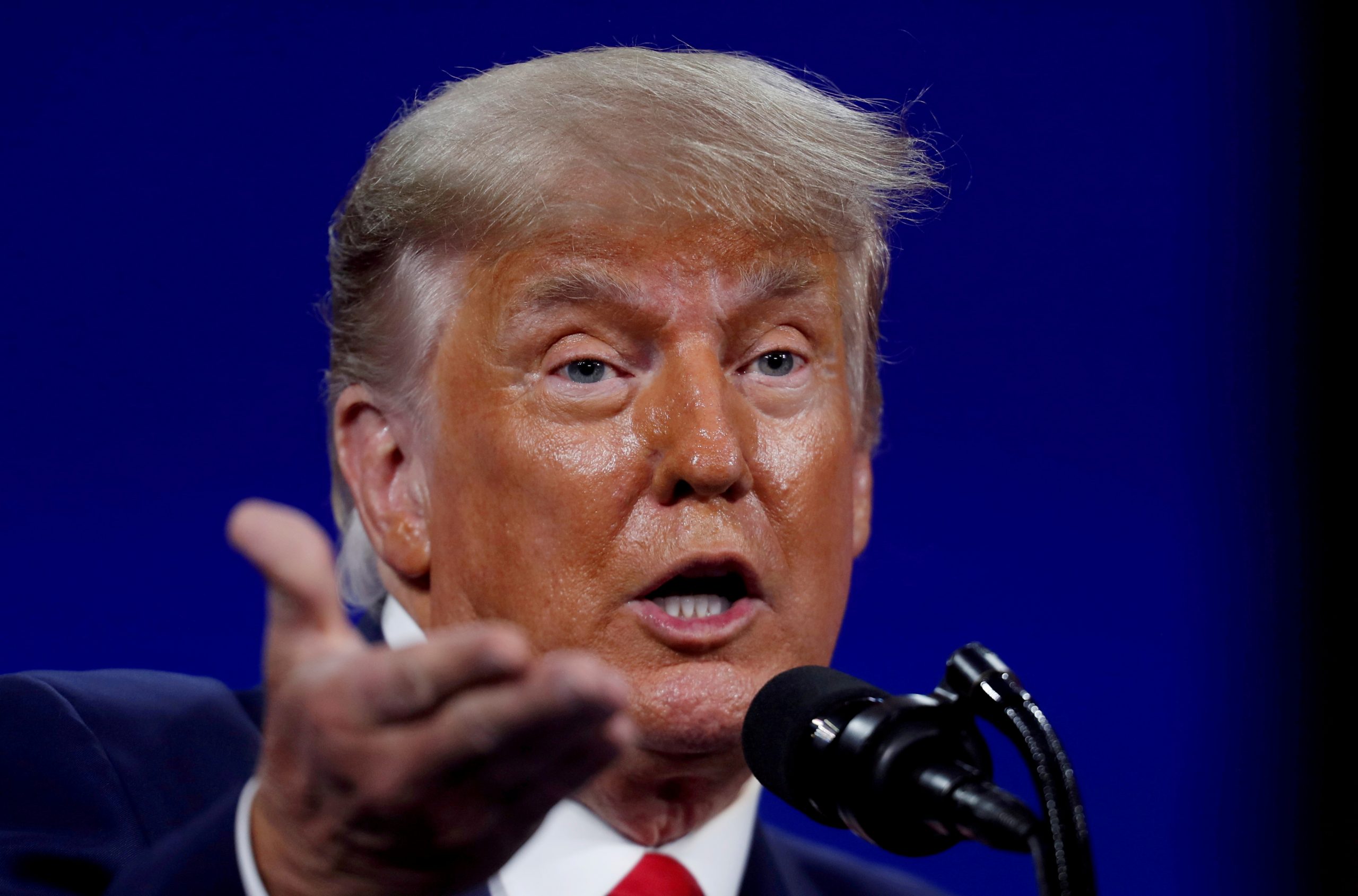‘We’re Losing Revenue,’ Everything US Trade Representative said on Nigeria’s action in response to 14% tarrif US President Trump earlier slammed on goods from Africa’s biggest economy
The United States Trade Representative (USTR) on Monday criticised Nigeria’s import ban on 25 categories of goods, stating that the restrictions limit market access for American exporters.
This development follows President Donald Trump’s introduction of tariffs on goods entering the United States, with Nigeria now facing a 14 per cent duty.
READ ALSO:
‘1,2,3-0,’ How Arsenal Humiliated Real Madrid At Emirates Stadium
Adebule Donates 2 Mini-Buses, Empowers 250 At Inaugural Lagos-West Women Assembly
Ikolaba Ibadan Central Mosque Imam, Tirimisiyu Akewusola, Is Dead
‘Get Ready,’ NNPC Staff Unions Threaten Strike, Warn Ojulari Over Appointment Into Top Positions
Ekpo Performs Ibesikpo CNG Plant Groundbreaking, Hails Economic Growth Prospects
‘Dead End,’ INEC Trashes Petition To Recall Natasha + REASON
The USTR drew attention to the impact of Nigeria’s import ban on several sectors, especially agriculture, pharmaceuticals, beverages, and consumer goods.
According to the agency, the ban affects products like beef, pork, poultry, fruit juices, medicaments, and alcoholic beverages—items the US considers significant to its trade interests.
“Nigeria’s import ban on 25 different product categories impacts US exporters, particularly in agriculture, pharmaceuticals, beverages, and consumer goods.
“Restrictions on items like beef, pork, poultry, fruit juices, medicaments, and spirits limit US market access and reduce export opportunities.
“These policies create significant trade barriers that lead to lost revenue for US businesses looking to expand in the Nigerian market,” the agency said via its X handle.
Nigeria introduced the ban in 2016 as part of a strategy to reduce import dependence and boost local production.
Some of the restricted goods include poultry, pork, refined vegetable oil, sugar, cocoa products, spaghetti, beer, and selected medicines.
In a related move, the Federal Government on March 26, 2025, announced plans to halt solar panel imports.
The decision aims to promote local manufacturing as part of Nigeria’s broader clean energy push.





